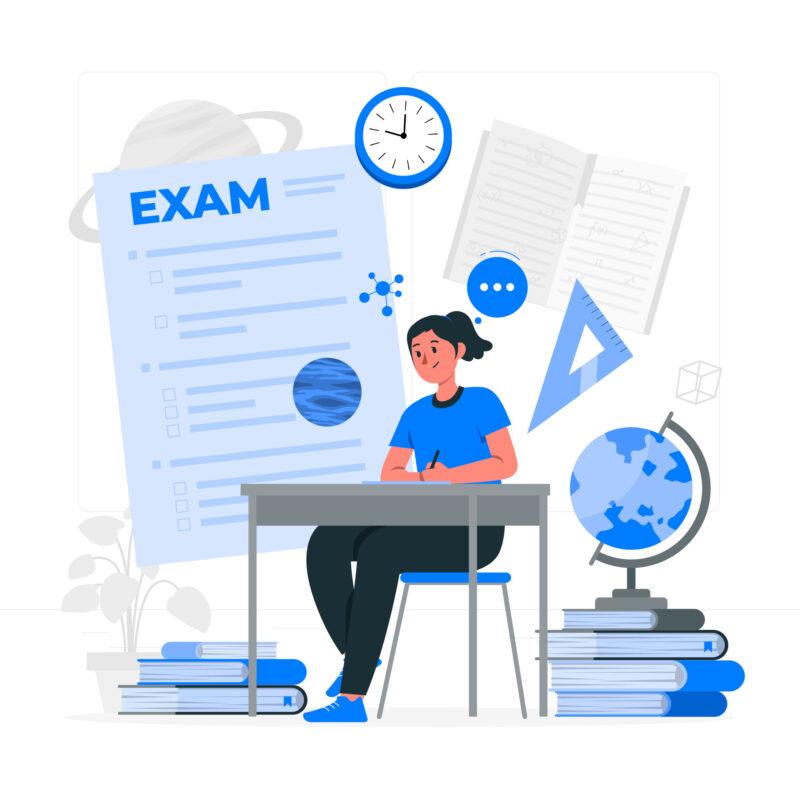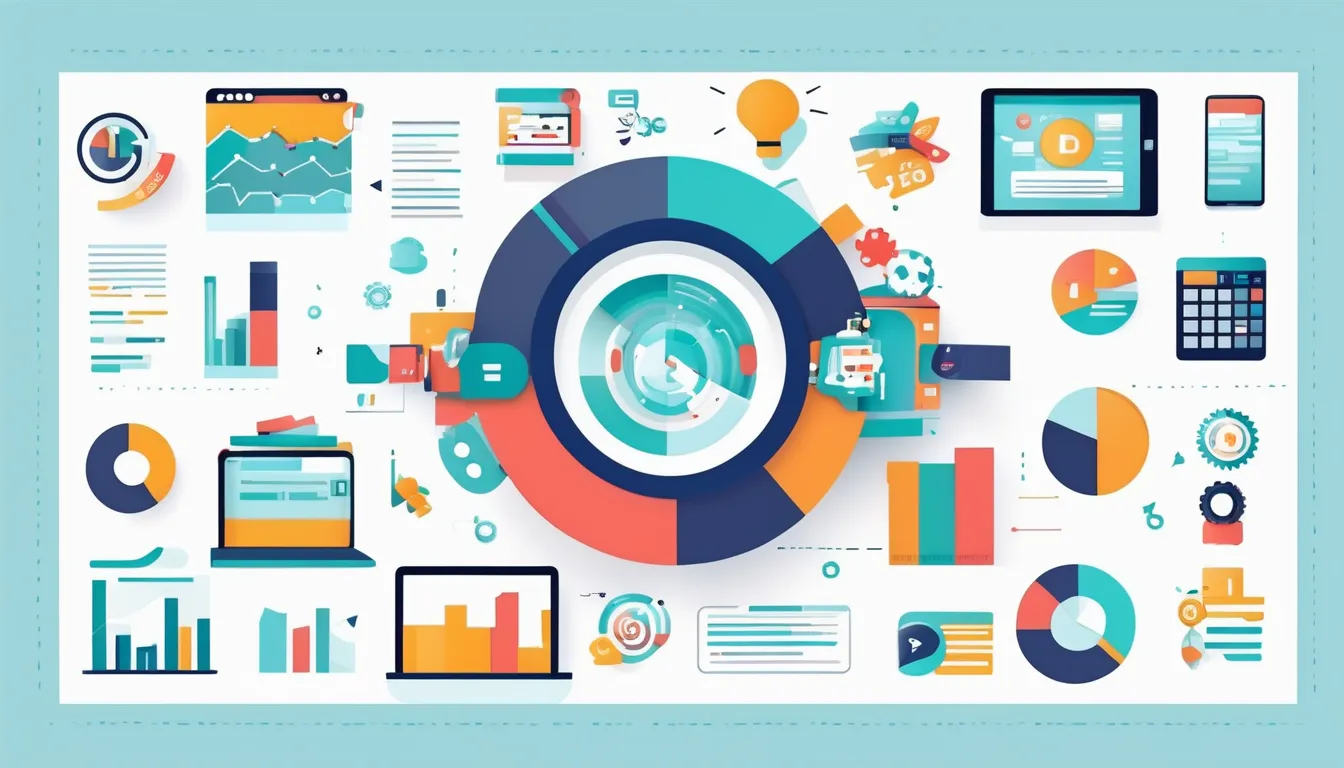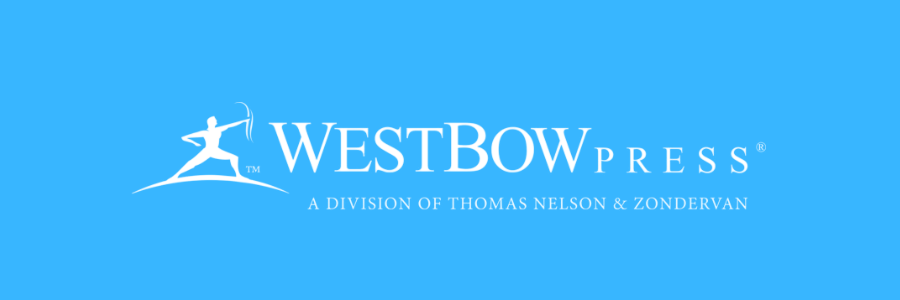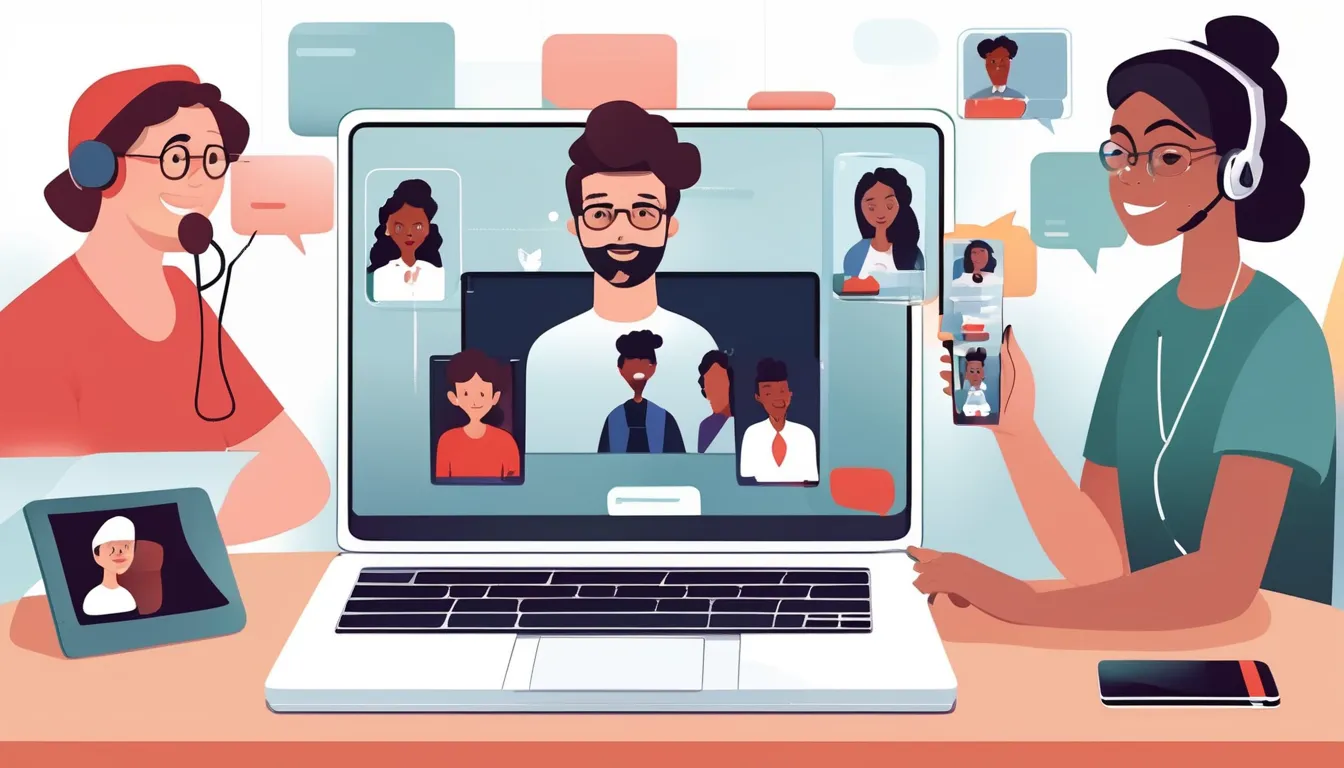Preparing for the what do you bring for the nclex (National Council Licensure Examination) can be a nerve-wracking experience, but being well-prepared for test day can help reduce anxiety and ensure a smoother exam process. Knowing exactly what to bring to the test center is essential, as failure to bring the right items can lead to delays or even being barred from taking the exam.
In this guide, we will walk you through everything you need to bring on NCLEX test day, ensuring that you’re fully prepared when the big day arrives.
1. Valid Identification (ID)
One of the most important items you need to bring to the NCLEX is valid, government-issued identification. The name on your ID must match exactly what is listed on your NCLEX registration. The two most commonly accepted forms of ID are:
- Driver's license (must be issued by a U.S. state or Canadian province)
- Passport (for international candidates)
Other acceptable forms of ID can include a state-issued identification card or military ID. However, make sure that it has your full name, photograph, and signature. Additionally, some test centers may require a second form of ID for verification.
Important Notes:
- Ensure your ID is valid and unexpired on the test day.
- Your NCLEX Authorization to Test (ATT) will typically be in your electronic confirmation, but you do not need to bring it physically to the test center.
2. Authorization to Test (ATT)
The Authorization to Test (ATT) is a key document that proves you are eligible to take the NCLEX. Once you have been approved by the nursing regulatory body (NRB) or licensing board, they will send you your ATT, which is needed to schedule your exam.
While you don't need to bring a printed copy of the ATT to the test center (since it’s often linked electronically), it’s still a good idea to have it available digitally or printed for reference in case there are any issues.
3. Payment Receipt (if applicable)
In case there are any issues with your registration or payment, bringing a copy of your payment receipt may be useful. Although this is not usually required, it can serve as a helpful backup in case of discrepancies with your NCLEX registration or fee processing.
4. Comfortable and Appropriate Clothing
NCLEX test centers can vary in temperature, so it’s a good idea to dress in layers. Test centers can be cold, and being uncomfortable during the exam can be distracting. Some tips for dressing include:
- Wear comfortable clothing for sitting for long periods.
- Bring a light jacket or sweater in case the test center is too cold.
- Avoid wearing clothes with large pockets, as they may raise suspicion, and some centers may prohibit items like bags or large coats in the testing area.
5. Eyeglasses or Contact Lenses (if applicable)
If you wear glasses or contact lenses, bring them with you on test day. The NCLEX is a computerized test, so being able to clearly read the screen and the questions is essential. You may not be allowed to wear non-prescription glasses or sunglasses, so make sure your eyewear is functional and necessary for you to see clearly.
6. Approved Prescription Medications
If you take prescription medications and need them during the exam (such as for conditions like diabetes or severe allergies), be sure to bring them with you. However, there are specific guidelines about what medications can be taken into the testing room.
- Prescription medications: Should be in their original containers.
- Non-prescription medications: Generally, are not allowed in the testing room, but this depends on your specific situation. Always check with the testing center ahead of time.
It’s a good idea to notify the test center in advance if you need to bring medications or have any medical needs that require special accommodations.
7. Comfort Items (Optional)
While test centers usually do not allow food or drink in the testing area (except for certain medical exceptions), you can often bring small comfort items for breaks, including:
- Water bottle (check the center’s rules, as some centers allow it in designated areas).
- Snack (for breaks). Ensure it’s a light snack, such as granola bars, if allowed.
It’s important to check the test center’s guidelines in advance to confirm what is permitted.
8. Watch (Optional)
Some test centers allow you to bring a small watch to monitor your time during the exam. However, many centers provide a digital timer on the screen, so this may not be necessary. It’s best to check the policies for your specific test center. Smartwatches and devices with internet capabilities are not allowed in the exam room.
9. Prohibited Items
To avoid any confusion or delays on test day, make sure you do not bring any of the following items into the exam room:
- Cell phones (even turned off).
- Personal bags, backpacks, or purses.
- Electronic devices (including smartwatches, tablets, etc.).
- Books or study materials.
- Food or drinks (unless for medical reasons).
- Pens, pencils, or highlighters (test centers provide writing materials if needed).
These items will be placed in a designated area outside the testing room, and you’ll need to retrieve them after the exam.
10. Test Day Checklist
To make sure you don’t forget anything important, here’s a quick checklist:
- Valid, government-issued ID (driver's license, passport, etc.).
- Authorization to Test (ATT), though not always necessary.
- Prescription medications, if applicable.
- Comfortable clothing, including layers.
- Eyeglasses or contact lenses, if you need them.
- Watch (optional, if allowed by the test center).
- Water or snacks, if permitted during breaks.
- Payment receipt, if applicable.
Conclusion: Be Prepared for Test Day
Being well-prepared for NCLEX test day goes beyond just studying the material; knowing exactly what to bring is critical to ensuring a smooth and stress-free experience. Double-check all the requirements and policies for your test center well in advance to avoid surprises on test day. By bringing only the items you need, you can focus your energy on the exam itself, knowing you're fully prepared to succeed.
Good luck on your NCLEX exam!






